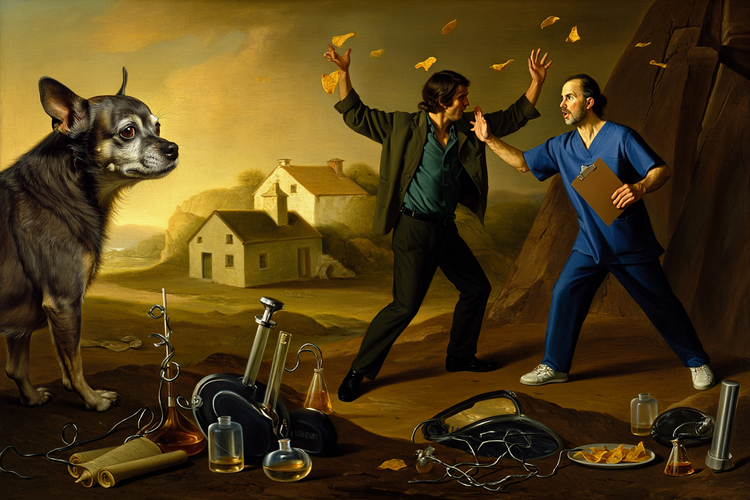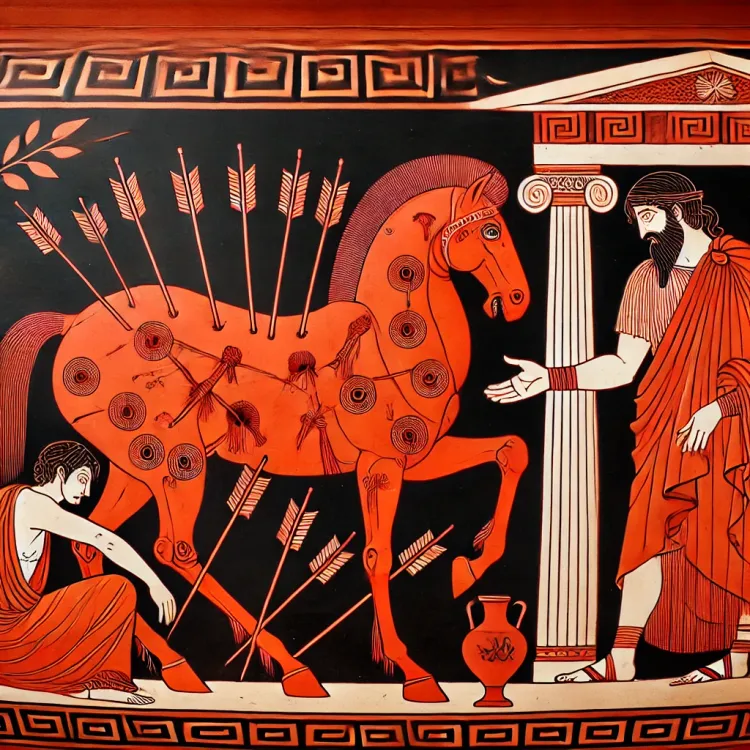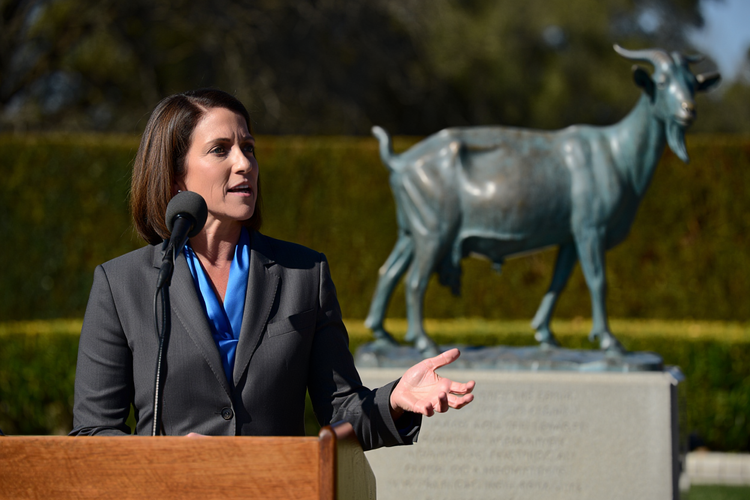The Comfort Room

I meet a lot of people on the worst day of their life.
It's a byproduct of working in medicine. Veterinary or otherwise, things can get ugly. Life is delicate. I've seen it slip away without warning. I've seen it linger in agony. I've seen desperation to breathe. I've seen the last flames of life flicker into stillness. I've heard heartbeats slowly dissipate with my stethoscope.
I've seen grief appear on many faces. I've borne witness to the pain of many souls. The agony, disbelief, rage, confusion, and defeat burst out of their minds like spurts of lava from a volcano. Death is no stranger to me.
A pet's social networks may be small, sometimes just a single person. But often that bond is deeper than with friends, coworkers, neighbors. Sometimes animals are the only ones who listen to the lonely. Yes, the death I'm familiar with is in animal form, but the grief is very human.
Not long after January 6th, 2021, I was working a busy emergency shift and ended up juggling multiple cases simultaneously. I had two pairs of clients waiting in exam rooms on opposite sides of an adjoining wall. Both were young couples with middle-aged, acutely sick cats. Very sick. Both were afraid; they loved their pets, but didn't have a lot to spend. They didn't know how serious it was.
It was busy that day, I can't say exactly how long they waited before I received their lab findings, nearly simultaneously. Equally grim, but not equivalent results. There are only so many vital organs. Medicine is very complicated or very simple.
After a few years of experience, a subconscious algorithm takes over and starts to make predictions. I already knew what each couple's decision would be. I knew the road I was about to take them down. There's a process, a modern ritual we pretend is scientific, but only requires intuition and empathy.
A chain of events that includes explanations of the limits of physiology and all of that ends up with me kneeling before a pair of strangers, about to end a life. It's the opposite of severing the umbilical cord. So few of us in modern industrialized societies are comfortable here. I stare into their souls, reaching out to grip their hand with my eyes, comforting them at the borders of Death. It's okay. It'll be okay.
Nonhuman animals don't lament before they pass. Life simply stops. One thing changes into another. They're gone.
I euthanized both cats. Their suffering was over. But that's not the challenge of being a veterinarian. I don't live in a society made by cats. I didn't know those animals before, I just stopped their pain.
But in the politically volatile first week of 2021, in an Oregon community straddling the rural-urban divide, I remember the similarities and the differences between these two young couples.
Their differences were superficial: the first couple was dressed like a pair of Wrangler jeans models fresh off a country music festival, the other seemed like something from a stock image for a nonbinary vegan bakery in downtown Portland.
But both were also people in extreme pain. Both had just lost someone (yes, someone) who they loved deeply. They hadn't been prepared. They were vulnerable, and pitiful, and embraced their respective partners in desperate need of support. These four people were going through the exact same raw emotions. They were exposed.
I rarely believe that you can know someone's soul from just the expression on their face, but I know this: had that wall between them been removed, these four people would have collapsed into each other's arms and cried. Grief is the destroyer of ego. The sorrow that wells up inside of the mourner flows from love. It should be welcomed, it should be celebrated. It's the beautiful gift of life.
My aunt Kate Fischer tragically passed away this past week. I'm heartbroken for her and my family, especially her wonderful children. Through my childhood, I can remember the sharpness and fullness of her laughter, and I will miss it terribly during family gatherings. This post is in her honor.






Comments ()